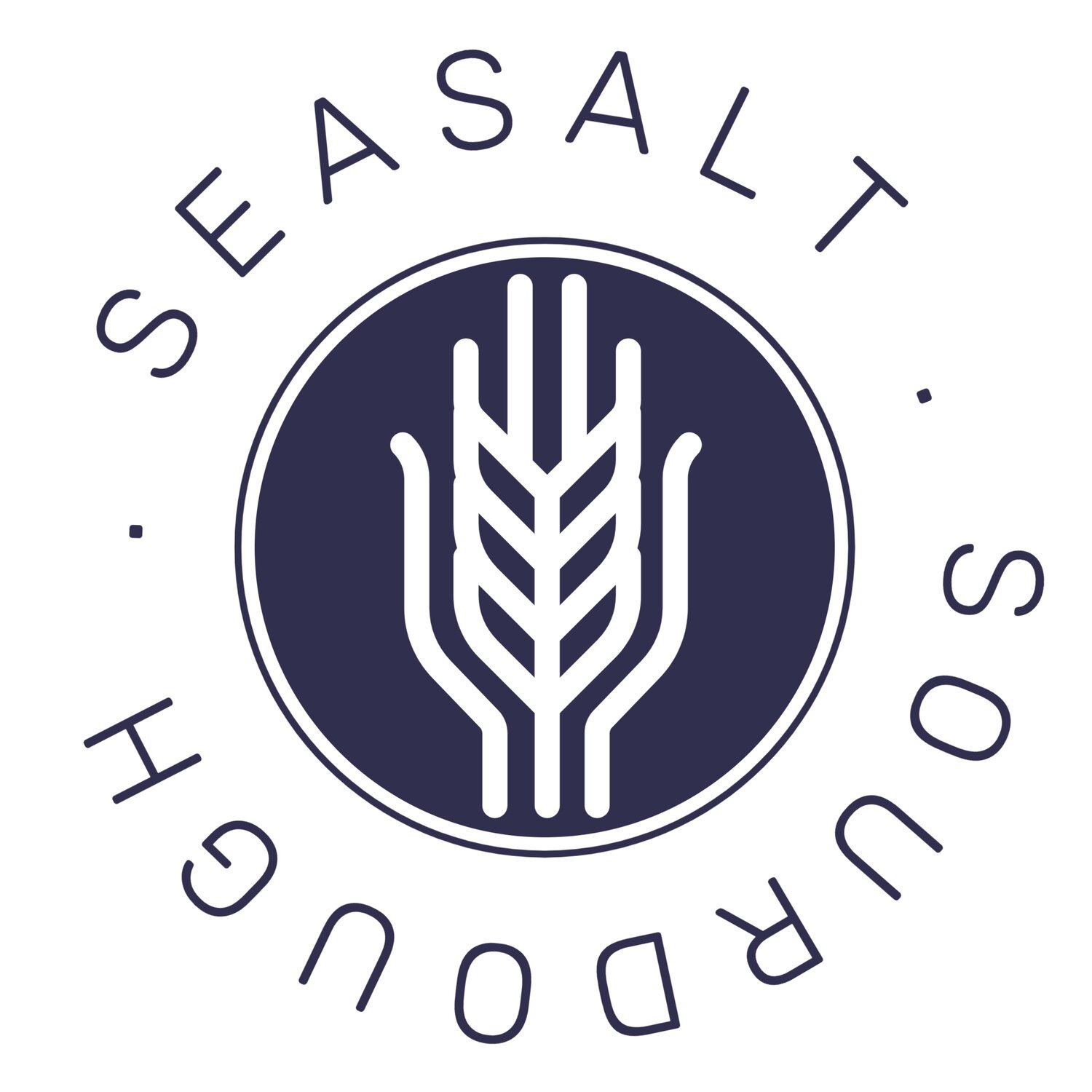Sourdough
or
Sourfaux?
There is a prevalence of “sourdough” available but is it sourdough or sourfaux?
This is a question all real sourdough bakers contend with - so what are the differences between true sourdough and sourfaux?
1. Our sourdough is created by us in our bakery. It is not brought in from a big supplier parbaked (cooked to halfway and then frozen, brought back to temperature and then finished off baking when required)
2. Our sourdough is not made with any commercial yeast. Commercial yeasts are sometimes added (not by us) to make dough raise faster but not breaking down the gluten of the flour- quicker but not better for your body. Especially a problem if diabetic and trying to control sugar intake.
3. We use Australian grown and milled Wholegrain milling flours, filtered water and Australian Olssons sea salt. No premixed “sourdough” flour mixture has ever entered our bakery.
4. No sugar or preservatives other than Olssons Australian sea salt are in our sourdough. Salt is for flavour enhancement and allows the dough to come together and be malleable.
5. Long fermented sourdough LAB (Lactic Acid Bacteria) produce organic acids that, under the heat of baking, cause interactions that reduce starch availability. The lowest GI breads are whole-grain long ferment sourdoughs such as our Stonemilled white, rye caraway and Seeded loaves.
6. Our sourdough is given up to 36 hours from start to fully proofed in order for LAB to break down and modify the bits of gliadin and glutenin protein in wheat flour. LAB produce beneficial compounds such as: antioxidants, the cancer-preventive peptide lunasin, anti-allergenic substances which may help in the treatment of auto-immune diseases. Interestingly, these by-products seem able to survive heating, suggesting that true baked sourdough bread may have ‘probiotic’ potential by stimulating immune responses in the gut.
7. We bake to order - no loaf is ever thrown away. This is to make sure that our time and effort is not wasted. Each loaf is needed, wanted and spoken when coming out of the oven.
8. Each loaf is weighed and shaped by hand. No machinery other than the mixer and Miwe oven is used in our bakery.
9. We do not enrich our sourdough - it's sour because of the naturally occurring lactic and acetic acids. Some "sourdough" is enriched with added ingredients such as butter, oil, milk, etc.
The added fats in these ingredients soften the texture of the bread and reduce the sourness in the taste, giving a milder flavor profile.
10. Traditional sourdough breads only contain flour, water and salt.
If you care about what goes in to your body, and you care about food provenance and supporting local businesses that are striving to help the community - ask the question. Every sourdough baker will happily (and extemporaneously, extensively, exhaustively) give you a detailed run down of their processes and ingredients.
So ask the questions. Is this parbaked? Is this a premix dough? Is this enriched? Is there commercial yeast added? Where is the flour and salt from? How long has this loaf proofed? Is there sugar in this loaf? How long does your process take? Was this loaf completely made on premises?

